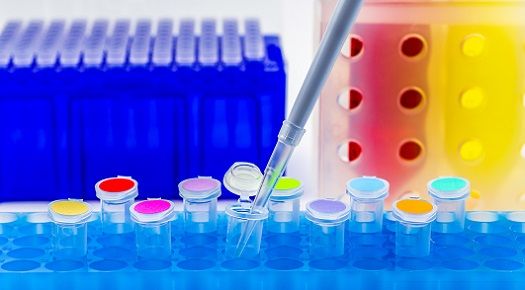Video
Barbara Phillips, MD, MPH, FCCP: The Diagnosis Debate for Sleep Apnea
The complications and patient burdens of sleep apnea diagnosis tests have been a continued issue for Barbara Phillips, MD, MPH, FCCP.
At last year’s CHEST Annual Meeting in Toronto, ON, Phillips, of the University of Kentucky School of Medicine, told MD Magazine® the diagnosis and management of sleep apnea has been “too complicated, too time consuming, too expensive, too patient unfriendly, too test-oriented and not nearly enough follow-up chronic management-oriented.”
At this year’s CHEST meeting in San Antonio, TX, Phillips got to reiterate her argument. In one particular session, she debated with Nancy A. Collop, MD, of the Emory University Sleep Center, on the merits of the sleep laboratory’s role in patient diagnosis. Phillips recapped the debate with MD Mag, of which the details served as a complement to the comment she had provided just a year earlier.
MD Mag: What are some of the issues with current diagnosing strategies for sleep apnea?
Phillips: So, the session that I was involved in as a speaker was a debate, and it was between me and Nancy Collop, who is a past president of the Organized Sleep Medicine Society. And the debate was, I took the ‘pro’ side—which is that people with sleep apnea can bypass the sleep laboratory completely in some cases. And we both agreed that this is not for everyone, but there are now several decent randomized, controlled trials showing that patients who were diagnosed with sleep apnea with a home sleep test—which costs a fraction of an in-lab study and it's much less intrusive to the person's lifestyle—and then treated with so-called smart CPAP or auto-titrating CPAP, thus never having to spend a night in the sleep laboratory, do as well, or in a couple of situations, better than people who spend a night or 2 in a sleep laboratory.
Based on that science, I think that bypassing the sleep laboratory ought to be the standard ought to be the standard. And there are exceptions to that rule, just as there are exceptions to everything we do in medicine. It is true that if a patient with heart failure is treated with CPAP, and the CPAP doesn't relieve the apneas, that person is at an increased risk of death and the best and quickest way to find out if a CPAP relieves the apnea is to do that study in the sleep center.
There’s going to always be people who need to go to the sleep center. There are always going to be people that are complicated, or they can't figure out how to do a home study, or you might be worried that they have some other condition that requires monitoring that's more intense. But for the norm, for the standard, garden-variety patient who looks pretty typically to have sleep apnea, I don't think they need to go to the sleep center except to pick up their auto-titrating CPAP machine.
Nancy took the other point of view. I was not convinced.
MD Mag: What was her argument?
Phillips: Her argument centered on mostly complaints about insurance companies, and how they try to dictate who gets what kind of study, and that we don't get all the data that we should when we do a home test on somebody. And she did say clinicians will lose money. Now, I think we'd be better off if we kept our eye on the ball of what's best for patients.
Click here to sign up for more MD Magazine content and updates.
Related Coverage >>>
Barbara Phillips, MD, MPH, FCCP: The Lack of Specialist Inclusion in Sleep Apnea
The Relationship Between Sleep Disorders and Airway Diseases
Barbara Phillips, MD, MPH, FCCP: CPAP, Marijuana for Sleep Apnea





